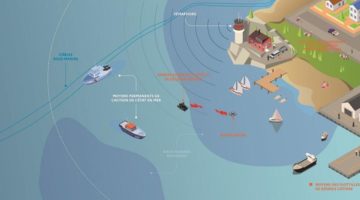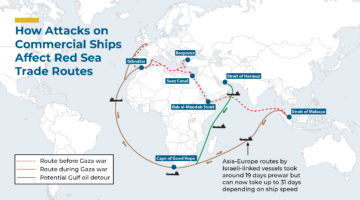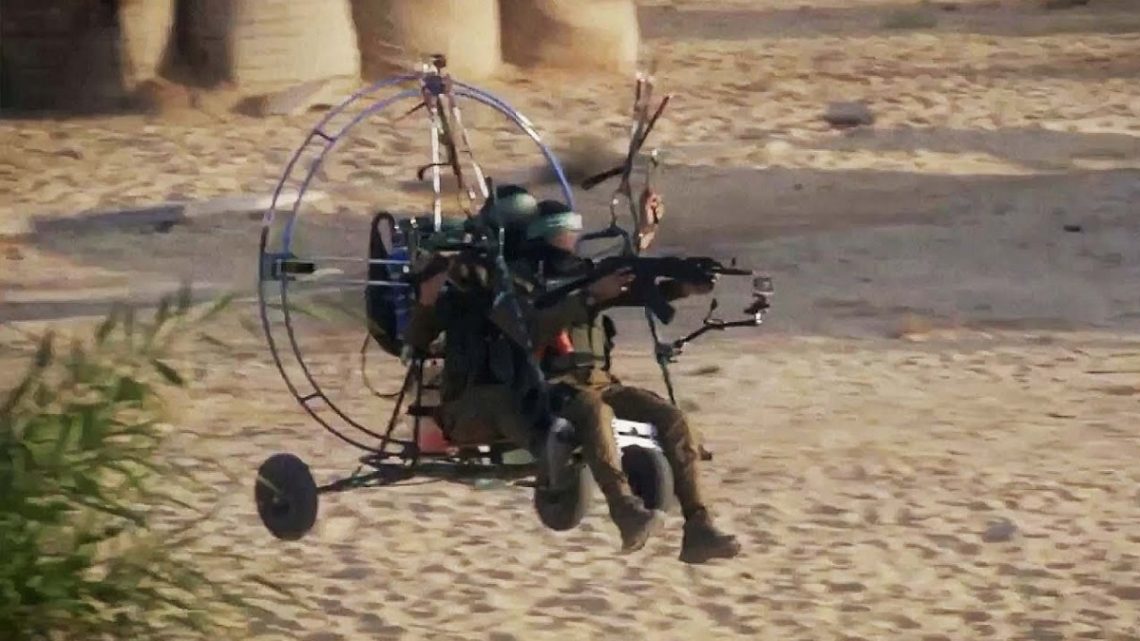Source: warroom.armywarcollege.edu – By Heather Gregg
Preparing for and countering hybrid warfare requires a significantly different approach to professional military education (PME) than what is currently taught.
The greatest threat to state security and alliances today is not large-scale contingency operations (LSCO) or even nuclear war, but a range of activities short of open warfare that aim to undermine security and offset conventional military capabilities. These activities include information warfare, economic coercion, hostile cyber activities, the use of proxy forces, and “lawfare,” which exploits grey areas in international law and its enforcement. Many of these activities are not detectable. Most of the activities that can be detected are difficult to attribute to an actor or a state.
Overwhelmingly, the target of these activities is a country’s population. The objective is to sow discord within populations and undermine trust and credibility of governments in the eyes of their people. These activities also exploit gaps and seams in governments and alliances, including which agencies should respond to such attacks and under what laws and authorities. Ultimately, these activities distract and weaken governments, undermining the ability of states and alliances to respond to other security threats, including adversarial military activities. (…)
How to Educate for HT/HW
Educating our military professionals for the complex hybrid fight requires, above all else, critical thinking skills and the ability to manage complexity. To build these skills, PME should teach causal logic, theory, game theory, mathematical modeling, and system dynamic modeling, to name but a few tools for critical thinking. Alongside these analytical capabilities, cultivating creativity is painfully missing from PME education in the United States. Creativity is necessary for considering a range of adversarial actions as well as what we can and should do. Teaching these skills is not possible without hiring the right professors, especially individuals who have studied and applied these skills to thinking about international relations and security studies. Relying on practitioners who draw solely from personal experience and their previous training will doom us all to lose the current war by refighting the last one. (…)
Read Full Article >>> https://warroom.armywarcollege.edu/articles/competencies-5/
Photo © as published in ibid












